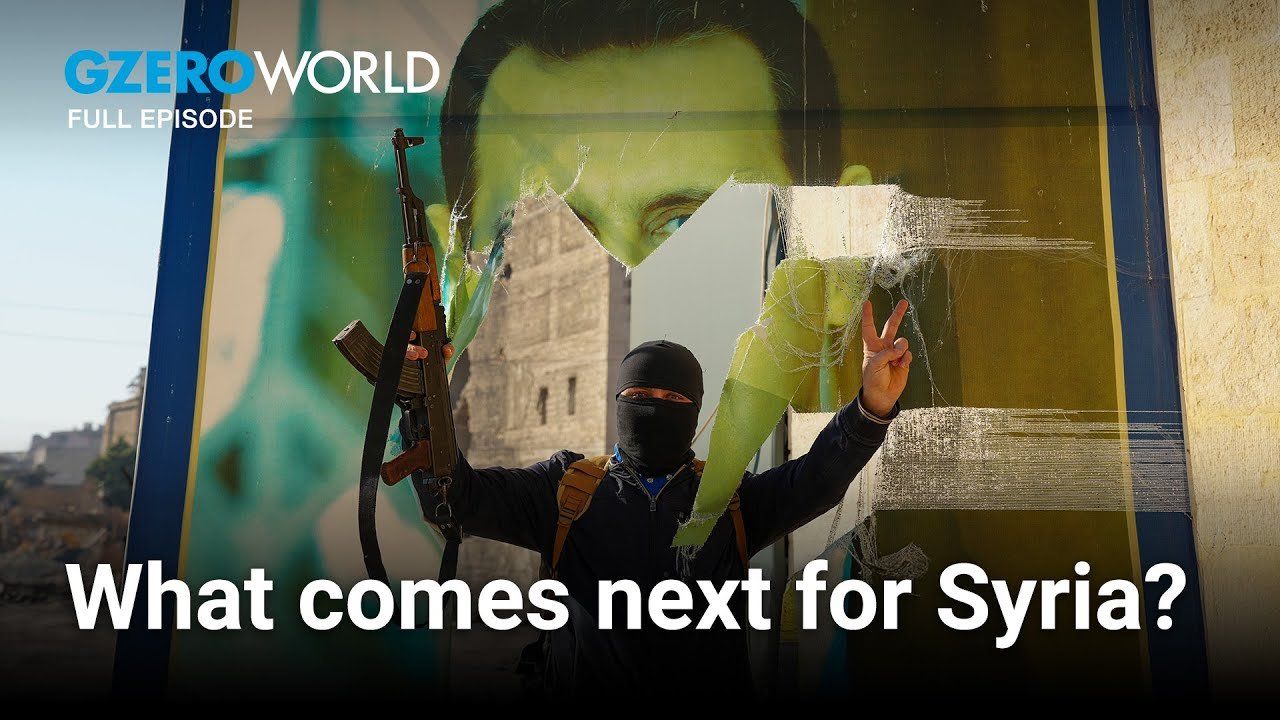70: Next week Raul Castro will step down as president of Cuba. Some 70 percent of the Cuban population has never known a Cuba led by anyone other than a Castro. Without the dynastic and revolutionary mystique of the Castro family, can the incoming president, Miguel Diaz-Canel, establish his authority and meet the expectations of Cuba’s people?
63: When the Syrian regime used chemical weapons against the village of Khan Sheikhoun last April, President Trump responded with a volley of cruise missiles as punishment just 63 hours later. At the moment, the clock is ticking on his response to the alleged chemical attack on the village of Douma over the weekend. Trump said on Monday he’d decide in 24 to 48 hours.
38: Latin America suffered 38 percent of the world’s criminal homicides last year, despite accounting for just 8 percent of the world’s population. Rapid urbanization, corruption, drug trafficking, and a huge influx of US guns all contribute.
25: Some 25 percent of soybeans in Iowa, always a critical swing state in presidential elections, end up in China, meaning that Iowa’s farmers are being kept afloat in part by China’s growing middle class. If a trade war hits those exports, Trump’s road to re-election in 2020 could get a lot rougher.
15: Freshly re-elected Hungarian Prime Minister Viktor Orban’s secret pleasure is spaghetti westerns, according to a new biography. He claims to have seen Once Upon A Time in the West — which concludes with Charles Bronson gunning down villain Henry Fonda and cramming a harmonica into his mouth — fifteen times. With the EU set to respond to Hungary’s political deterioration, Orban’s got a harmonica or two in store for Brussels.
